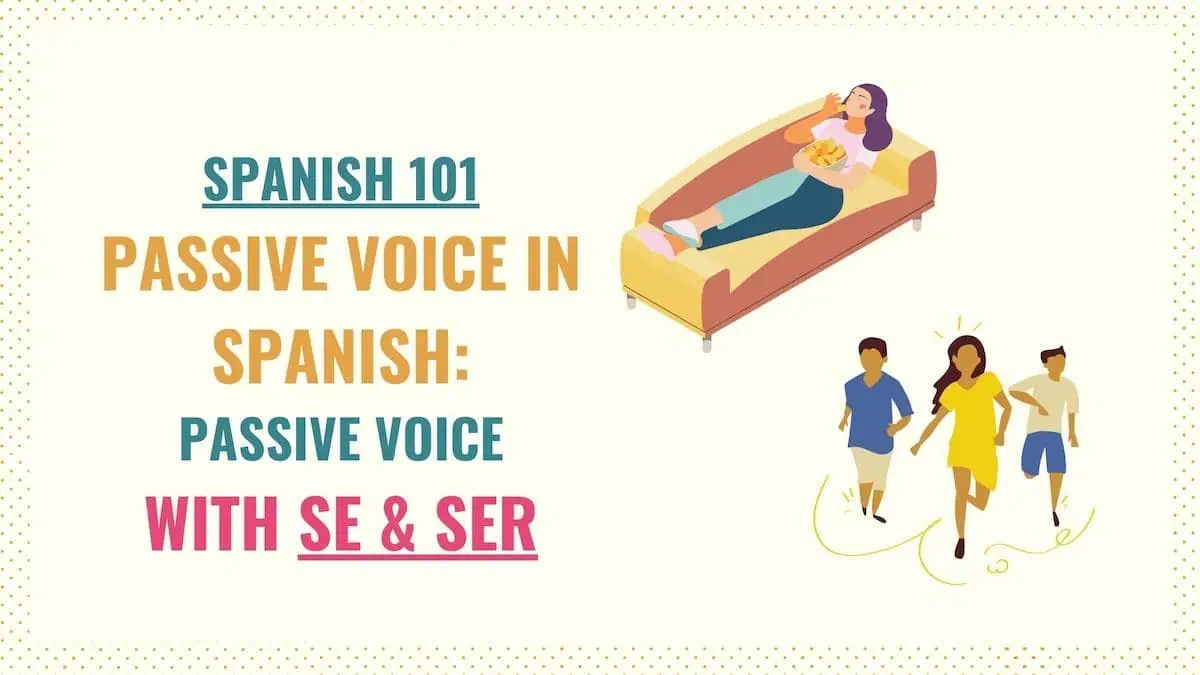Passive sentences have been a topic of debate among writers and grammarians for years. Some argue that passive sentences are ineffective and should be avoided, while others believe they have their place in writing. So, are passive sentences really as bad as some make them out to be?
Passive sentences are constructed in a way that the subject of the sentence is acted upon by the verb. This can sometimes make the sentence sound more formal or detached. While active sentences, where the subject performs the action, are generally preferred for their clarity and directness, passive sentences can serve a purpose in certain contexts.
One common argument against passive sentences is that they can make writing less engaging and dynamic. Passive sentences can sometimes feel indirect or vague, leading to a disconnect between the writer and the reader. In cases where clarity and immediacy are important, active sentences are usually the better choice.
However, passive sentences can be useful in situations where the subject is unknown or unimportant. For example, “The cake was eaten” does not specify who ate the cake, which may be appropriate if the focus is on the cake itself rather than the person who ate it. In cases where the performer of the action is irrelevant, passive sentences can help maintain focus on the main point of the sentence.
Additionally, passive sentences can be used to soften the impact of negative information or shift the focus onto the receiver of the action rather than the doer. For example, “Mistakes were made” is a common way to acknowledge errors without assigning blame directly. In situations where diplomacy or tact is required, passive sentences can be a valuable tool.
In conclusion, while passive sentences may not always be the most effective choice for clear and direct communication, they have their place in writing. By understanding when and how to use passive sentences appropriately, writers can harness their unique qualities to enhance their writing. So, are passive sentences bad? Not necessarily. It all depends on the context and purpose of the writing.
